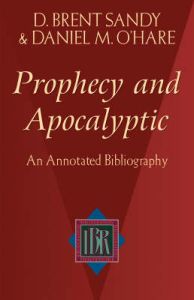There are many who desire the in-depth study of the Bible that one gains in seminary, but cannot afford to allocate the time required. Especially for those who do not aspire to serve in an official ministerial capacity, the time and labor that go into seminary simply are not practical. While online resources abound, some of which I have highlighted on this site (see here), one perhaps stands above the rest in my mind. BiblicalTraining.org (BT) contains a wealth of free, online courses, taught by many first-class professors. With 73 free classes available, anyone can easily gain access to the basics of a seminary education.
Of course, one cannot substitute the value of an on-campus experience. Between the rigor of presenting assignments and interacting with peers and professors in person, seminary is best experienced in the flesh, so to speak. Perhaps most significant, few people have the motivation and stamina to learn the biblical languages on their own (and no, learning the Greek alphabet in your fraternity does not count). But for those unable to pursue a degree in biblical studies, resources like BT may be a great help.
I have known about BT for some time, but have recently come across the accompanying iPhone application. Now, one can easily take lectures on the go, whether redeeming time in the car, or, as I often do, when doing the dishes.
Of the courses available, I want to commend a few that pertain to Old Testament studies. I hope many of you will make use of this great resource. If you benefit from this ministry, do not forget to consider a financial contribution to continue this work (see here).
1) Old Testament Surveys
2) Essentials of the Old Testament
3) Old Testament Theology
4) Essentials of Old Testament Theology
5) Biblical Theology



